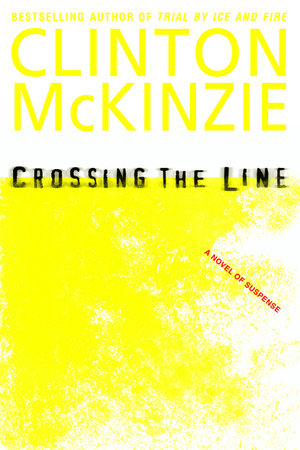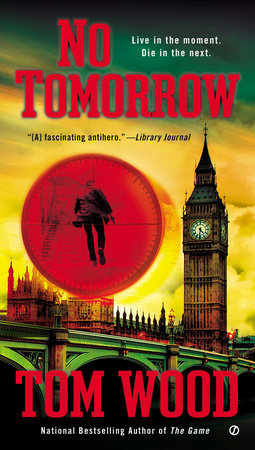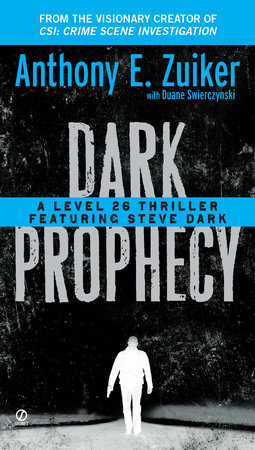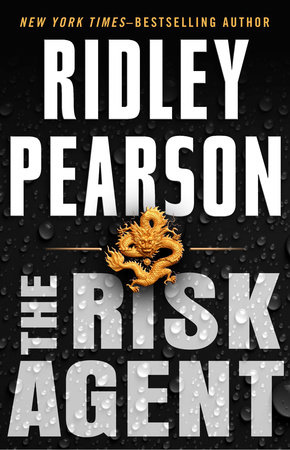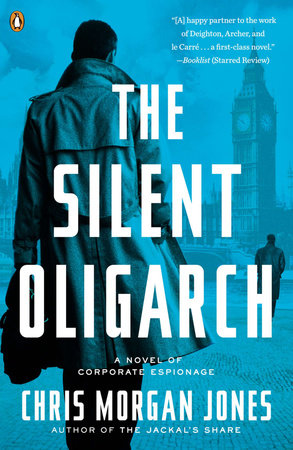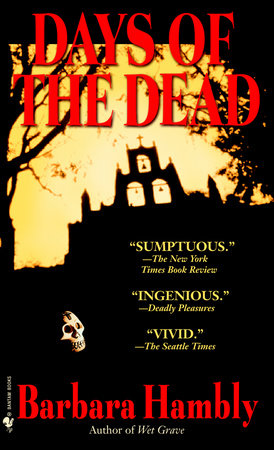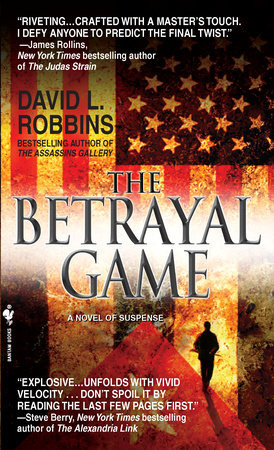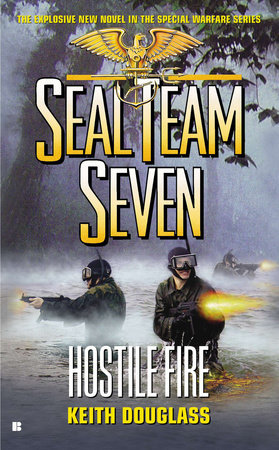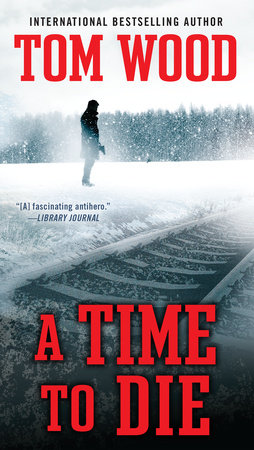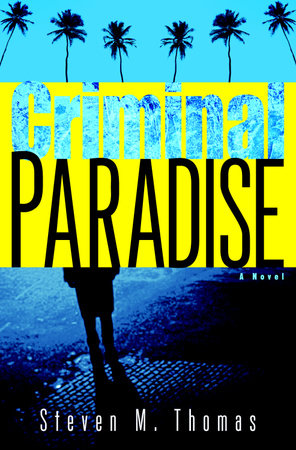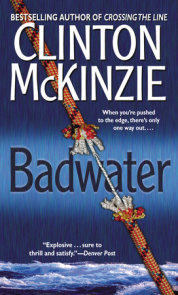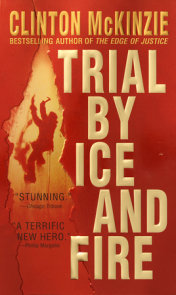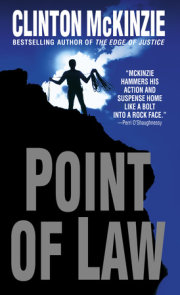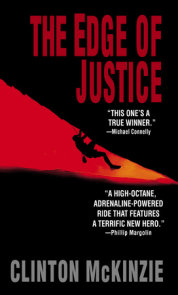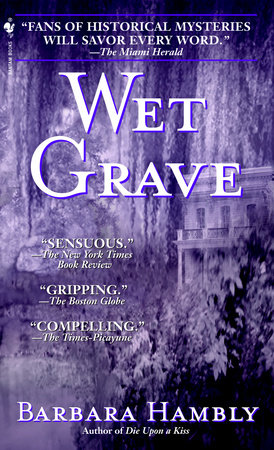Author Q&A
In the opening pages of CROSSING THE LINE, the four main characters are introduced in rapid succession. They immediately are defined by what they do, and the conflict between them also is readily evident. The tension is set up from the start. While everyone is working toward a common goal, one can sense that the conflict between them is dooming them to failure. What was behind your opening the book as tightly as this and laying the conflict right out there for the reader?
I needed to define the characters very early in the story because each one’s transformation (for better or worse), as well as their private agendas, is what I wanted the novel to be about. I also wanted to do it quickly in order to grab the reader’s attention. With this in mind, I just wrote the first scene as it played out in my head.
You have an extensive law enforcement background, not only as a peace officer but also as a deputy District Attorney in Denver. Have you incorporated any of your experiences into Antonio Burns’ persona in CROSSING THE LINE?
Sure. Although Antonio Burns is not really based on me, I put a lot of me into him. For instance, in the first books he’s really pretty naïve and innocent, just as I was when I began a career in law enforcement. He quickly becomes cynical, and I’m afraid that I did, too, although not nearly to the same extent. I take things that have happened to me and use them in my books all the time. And not just my own experiences, but those of my friends and colleagues as well. I’m a collector of characters and stories. I gather them up then twist them around to suit my plots.
While Antonio is the main character of the series, Roberto is definitely one of the genre’s most memorable secondary characters. Who was the inspiration for this character?
He’s an assemblage of bits and pieces of several people I’ve known. Friends with great hearts but severely deficient social and/or survival skills. Climbers, criminals, drug addicts. I’m a little bit obsessed with Roberto and trying to figure out how to save him. This book, CROSSING THE LINE, is really more about Roberto than Antonio, who is the narrator. It’s about Roberto’s search for redemption and how it causes his law-abiding brother to fall. They both cross the line–heading in opposite directions.
We found the tension between Antonio Burns and FBI Agent Tom Cochran to be palpable and fiery — and it’s set up like that from the start. Did you experience any cross-jurisdictional difficulties with Federal agencies during the course of your careers as a peace officer and a D.A.?
I didn’t personally, but state prosecutors and police often do. The FBI has a reputation for arrogance, something that the several FBI agents I know will acknowledge is deserved. This unfortunate fact has become more and more evident to the public in recent years with all of the scandals involving the agency.
There are times in the book that the law "gets bent" by both sides to try to get their goals met. In real life have you seen this same "law bending" when it’s for a greater goal?
Criminals and defense attorneys don’t worry too much about bending laws. It’s their job. Cops and prosecutors sometimes get caught up in trying to fight them–the battle leads them to bend or break the very laws that they’ve sworn to uphold. It happens. Not all the time, but it definitely happens a lot. I’ve seen it on a few occasions. Most law enforcement officers, including federal agents, will tell you they know a colleague or two who should be in jail.
You mentioned to our advanced readers that CROSSING THE LINE took more research than your previous novels. Do you think this has set a precedent for you for future novels?
Yes. I really believe this is the best thing I’ve written thus far, and I credit that to all the research that I conducted. I worked very hard to make it a story grounded with fact–a story that could easily be true and one that will be informative about drug cartels and the way they really work. I hope to do something similar with future books.
Do you have your research contacts read your manuscripts while they are in-progress? Why or why not?
No. I probably should get their input, but I’m too shy to show the unedited manuscripts to anyone but my editor. I’m also usually bumping up against a deadline. After they’re edited, I’m working full-speed on something else.
Speaking of research — with tightened security concerns at law enforcement agencies, have you found it more difficult to conduct research for your books?
Because I mostly rely on friends who are still in law enforcement, I haven’t had much trouble. They know I’ll be discreet and not name names. A lot of what I learn is–or could be–public information, but the benefit of being a friend and of having been in the business is that I often get the unedited version. Usually it’s a lot more entertaining.
In your dedication you refer to the similarities between rock climbing and publishing since "both passions require you to rely on others." Does the discipline you need for one enhance how you are able to succeed at the other?
Unfortunately, I’m not very disciplined at either. I tend to be reckless and headstrong at both climbing and publishing. I have to rely on others to keep me out of hot water. If I didn’t, my career at both endeavors would be pretty short.
When did you decide to give Antonio and Roberto your love of rock climbing? Are these your favorite sections to write since clearly you are writing about something that you feel passionately about?
When I set out to write my first book, I followed the most basic rule for beginning writers: Write what you know. Crime and climbing are what I know. They’re the two things that I think about all the time. I really couldn’t imagine writing about anything else.
What was your personal best — and worst — climbing experience?
The worst experience would have to be the time my brother and I spent a January night on a one foot-wide ledge at 14,000 feet on Longs Peak. It was an unplanned bivouac, and we had no stove or sleeping bags. It was so cold that our water bottles stayed frozen even when we stuffed them down our pants. We really thought we were going to freeze to death–it’s kind of amazing we didn’t. I’ve never been that scared. For some strange reason, though, this was also one of my best climbing experiences. Once we made it down, I couldn’t wait to go climb something harder.
Pretend that you are in charge of casting for a film version of CROSSING THE LINE. Who do you see in the primary and supporting roles?
I often get asked this, and I’m always at a loss. The last movie I remembering seeing was Finding Nemo with my 2-year-old son, and none of those characters seemed quite right.
On your website you mention that two of your writing inspirations were Jack London and Ernest Thompson Seton. Growing up did you have any favorite authors in the mystery/suspense/thriller genres? Which authors (of any genre) continue to inspire you?
My favorite crime novelist is probably Michael Connelly. When he illustrates the frustrations of cops, he really nails it. I also like the simple, direct way he tells his stories. In climbing literature, few can match Joe Simpson (TOUCHING THE VOID, etc.). The way he can horrify you with true-life suspense, as well as make you laugh, is amazing. And I really admire his brutal honesty. There’re a few books that I read every few years just for literary inspiration, like Jack London’s THE CALL OF THE WILD, F. Scott Fitzgerald’s THE GREAT GATSBY, and Bryce Courtenay’s THE POWER OF ONE.
What are you working on now and when can readers expect to see it?
I’m finishing up a fifth book starring the Burns brothers, and am outlining a sixth. Number five should be released next spring (2005), and number six the year after (2006). I’m also working on a nonfiction story about an arctic manhunt that took place seventy years ago. I believe this true story will prove as thrilling as anything in suspense fiction.
